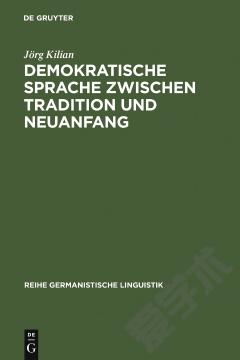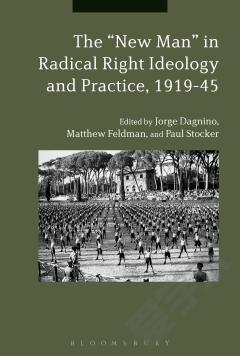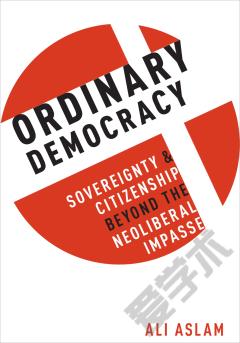Demokratische Sprache Zwischen Tradition Und Neuanfang —— Am Beispiel des Grundrechte-Diskurses 1948/49
----- 传统与新起点之间的民主语言:以1948/49基本权利话语为例
The book looks into the connections between language and democracy in the sphere of political communication and political vocabulary in Germany between the end of the National Socialist dictatorship and the foundation of the Federal Republic. From the overarching perspective of the relation between tradition and renewal of the language of democracy in post-war Germany, the study sets out first to investigate traditions of ideological diction since the first democratic assembly in St. Paul's Church in 1848, going on to examine the breaks with these traditions evidencing themselves in the Weimar Republic and the Nazi era and grounded in the history of German politics in the period in question. The other major concern is to identify and locate the inception of the modern-day political idiom in the Federal Republic in language-historical terms.
{{comment.content}}








 京公网安备 11010802027623号
京公网安备 11010802027623号